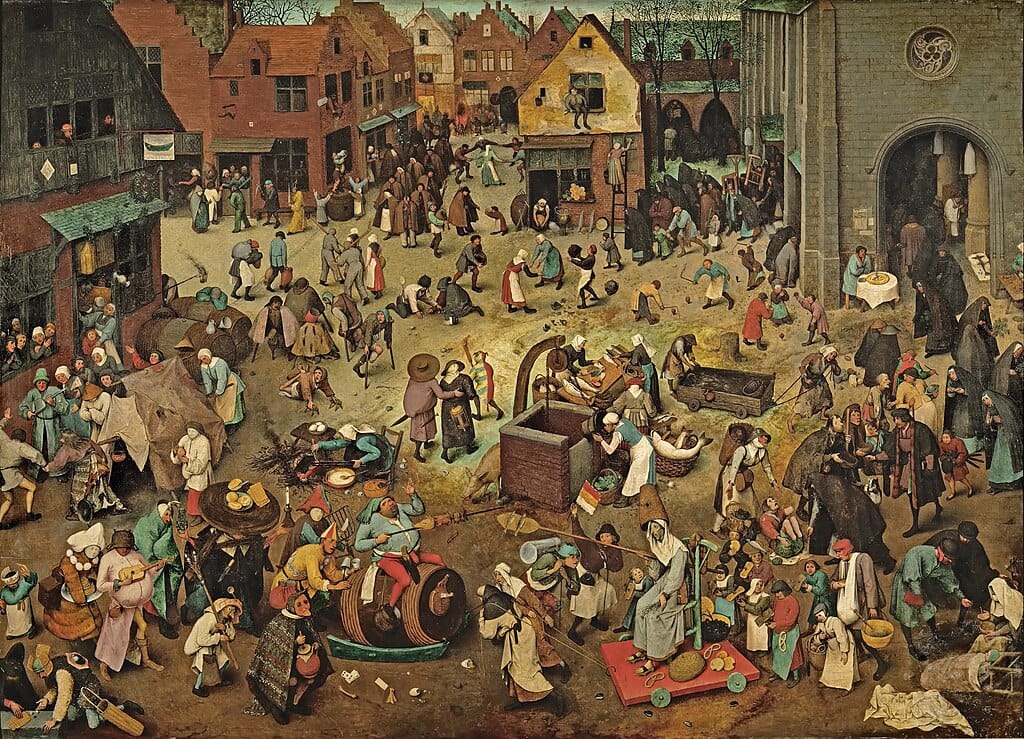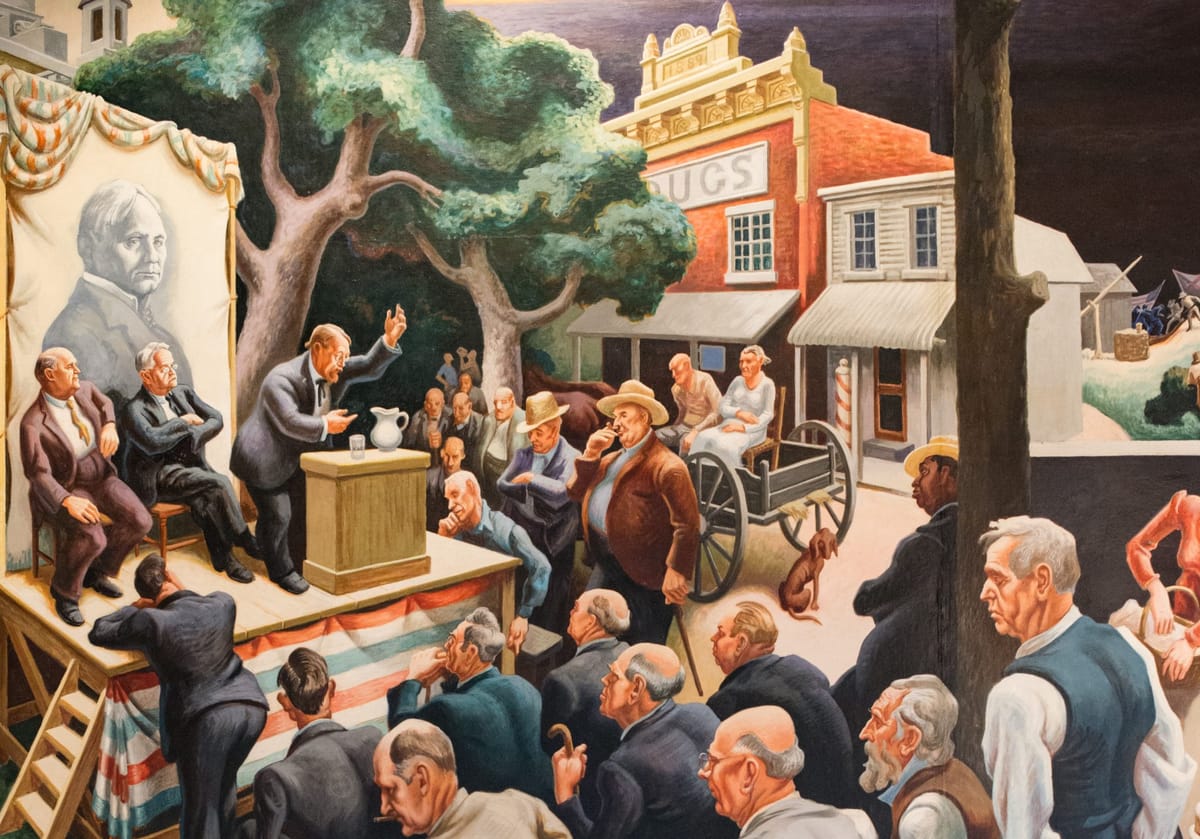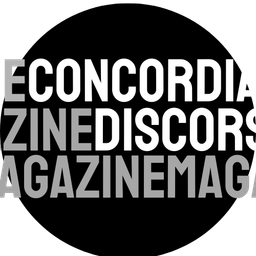Exploring America’s Polarization
America’s fiercest fights aren’t over laws or numbers. They’re over identity, trust, and belonging. The Mind’s Divide uncovers the unseen frameworks beneath the noise—and considers how we might still find ways to bridge them.


Further reflections on Polarization — and the hope of repair.
American politics is fractured. The headlines change—immigration, climate, taxes, foreign wars—yet the fury endures. Why? Because partisan loyalty has fused with identities - race, faith, geography, and culture into what scholars call mega-identities. When politics becomes identity, every dispute feels existential.
The true divide is not about rival answers to the same questions, but about asking different questions altogether. Our conflicts are guided by distinct moral grammars. Conservatives tend to reason in terms of loyalty, authority, and sanctity; progressives in terms of care, fairness, and liberty from oppression. Each framework is internally coherent, yet alien to the other. Facts alone rarely persuade, because they are filtered through these rival logics before they are heard.
As Isaiah Berlin warned in Two Concepts of Liberty (1958), we are often “faced with choices between ends equally absolute.” That insight captures the essence of pluralism: human life demands tragic choices between real, yet irreconcilable, goods. Sovereignty and compassion, order and justice, freedom and security—each matters, yet none can fully triumph without diminishing another.
This project seeks to make those hidden frameworks visible. Beneath every policy fight lie competing structures of meaning: irreconcilable values, divergent moral intuitions, and metaphors that silently shape reality. To name them is not to erase disagreement—disagreement is the lifeblood of democracy—but to prevent conflict from hardening into contempt.
Peaceful conflict is not democracy’s enemy; blindness is. To see the other side’s reasoning as recognizably human, even when we reject it, is the first step toward a politics of bridging rather than breaking.
1. The Mind’s Divide | Immigration: Borders and Belonging
Immigration is less a policy dispute than a clash of identities. For some, borders symbolize sovereignty and the duty to protect one’s own; for others, they test America’s promise as a nation of immigrants. The fight is about who “we” are, not just who crosses.
2. Taxing the Wealthy: Justice or Punishment
Debates over taxing billionaires are not about spreadsheets but symbols. One side sees fairness—ensuring those who have benefited most contribute back; the other sees freedom—punishing success undermines aspiration. Behind the numbers lie moral visions of dignity, envy, and merit.
3. Free Speech and Cancel Culture
Arguments over speech are arguments over freedom itself. To some, restrictions protect the vulnerable; to others, they enforce conformity and chill dissent. The question is whether liberty means safety from harm or the right to provoke.
4. Policing and Crime: Order vs. Fairness
Police reform debates pit security against justice. For many, law enforcement represents authority, order, and safety; for others, it represents systemic bias and abuse of power. Trust in institutions is the true fault line beneath policy proposals.
5. Environment and Climate: Duty or Overreach
Climate change is framed in radically different moral languages. For some, it is an existential responsibility to protect the planet and future generations; for others, it is a stage for elite overreach, threatening jobs and national autonomy. The divide is not science versus denial, but rival visions of duty and freedom.

